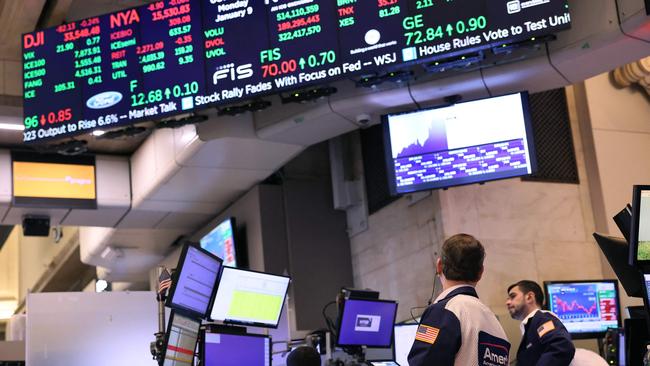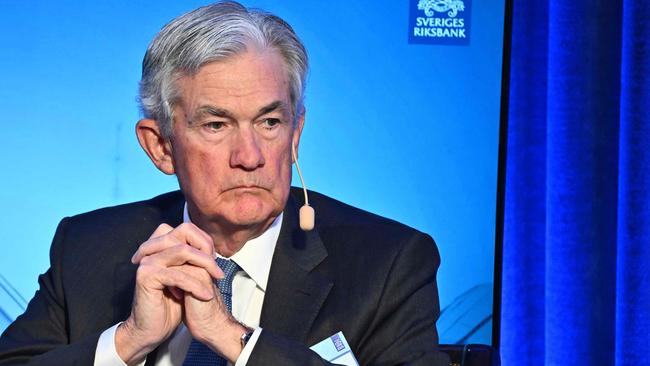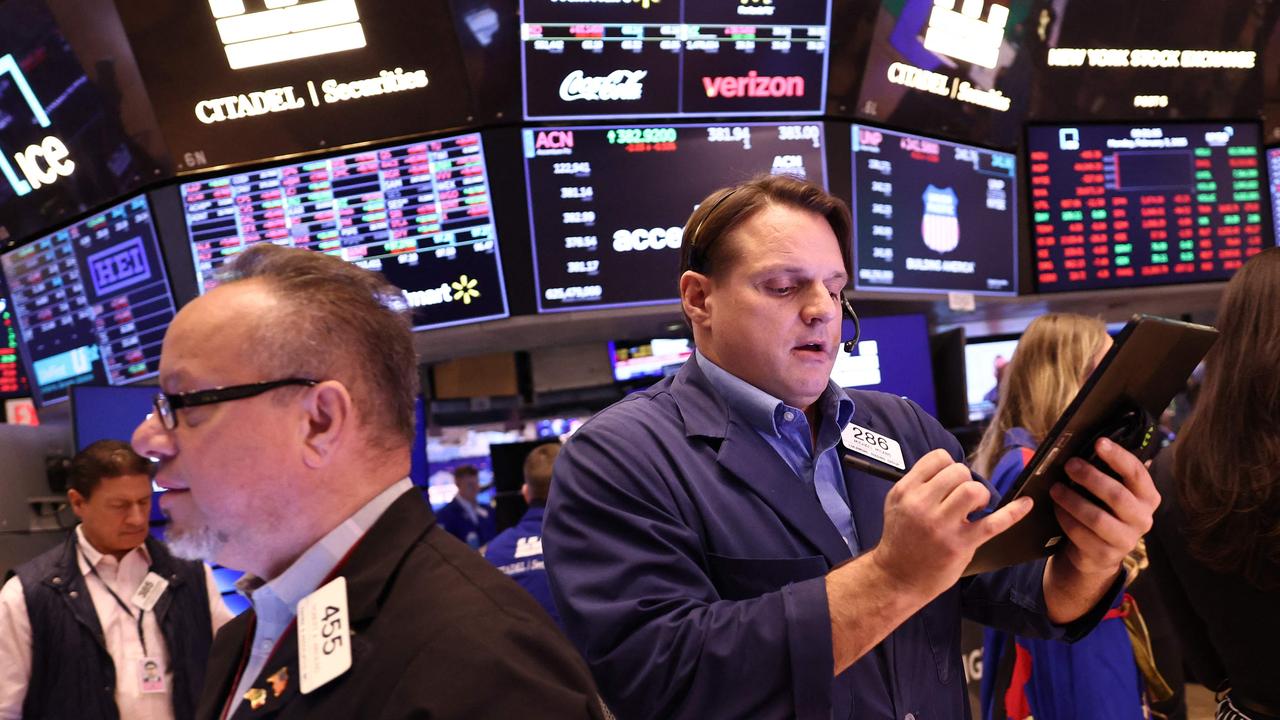Growth stocks face another year of underperformance, says Bell Asset Management’s chief
Ned Bell doesn’t buy the narrative that global growth stocks have less downside risk now that a US recession is widely expected.

Ned Bell sees global small to mid-sized company shares outperforming after lagging in recent years.
The chief investment officer of Bell Asset Management doesn’t buy the popular narrative that global growth stocks have less downside risk now that a recession in the US is widely expected.
An economic downturn caused by interest rate hikes is yet to be reflected in share prices.
And a substantial discount in the price-to-earnings multiple of SMID (small to mid-caps) relative to the MSCI World Growth index and the broader MSCI World index gives SMID investors a measure of safety.
“We’ve been arguing that global SMID caps are kind of the missing part of a global growth portfolios,” Bell says. “We have long seen (them) as complement or alternative to developed markets large cap growth stocks or emerging markets.
“The argument against large cap growth has really been one of valuation.”
The MSCI World Growth index trades on about 21 times forward 12-month earnings even after being belted last year, while global SMID caps trade on a “very inexpensive” 15.5 times.
“So there’s still a pretty strong valuation argument, and over the past 25 years SMID has been a good sub-asset class, but it’s lagged for the last four consecutive years,” Bell says.
It comes after BAM won a $500m investment mandate with Hostplus in global small-mid caps, signalling that the sub-asset class is starting to get more conviction among institutional investors.
Global SMID caps were left behind in the post-Covid boom, when ultra-low interest rates and central bank liquidity led investors to chase mega-cap growth stocks despite elevated valuations.
Whereas large cap growth company revenues often depend on demand from emerging markets – which can be fickle in an economic downturn – developed world SMID cap company revenues tend to be more exposed to the US market and there are plenty of companies with less cyclical revenues.
Moreover, Bell doubts the consensus earnings per share growth estimate of 24 per cent for the MSCI World Growth index is achievable and a slight PE ratio discount of 1 point isn’t enough.

In light of the interest rate environment, he thinks the growth benchmark should be trading on something like a 15 per cent discount to its 10-year average valuation of growth stocks.
And if earnings growth for the MSCI World Growth index were to be flat this year versus last year for growth stocks, there will be about 33 per cent downside risk for the index.
It may sound extreme given that the market has priced in interest rate cuts for the second half of 2023, but Bell sees another year of macro risk for growth stocks as central banks battle excessive inflation, even though it’s finally heading in the right direction after rapid-fire rate rises throughout 2022.
“Last year we saw some valuation air let out of the tyres in mega-cap growth stocks, but this year is going to be a real reality check for the earnings,” he says.
Consensus estimates for the broader MSCI World index for this year are for 5 per cent sales growth and 10 per cent earnings per share growth over the previous year.
But the consensus estimate for developed world GDP growth is just 0.3 per cent for the year.
It’s heroic to think that global corporates are going to defy gravity in that macroeconomic backdrop.
“Even if we have a shallow recession or a near miss, it’s very hard to see a scenario where global corporates actually deliver those sorts of numbers,” Bell says.
“We’ve been coming to a view that global equity markets are increasingly becoming disconnected with the reality of this inflation dilemma that (Fed chair Jerome) Powell is facing.”
Indeed, the markets have had a “buy the dip” mentality for the past 12 months. The MSCI World index saw multiple rallies of more than 5 per cent, as it fell 19.5 per cent in 2022. For the past 12 months, it’s down a relatively modest 14 per cent.
“The big thing that Powell keeps pointing out is that there’s actually a structural issue with the labour market,” Bell says. “It’s the same everywhere – as a result of Covid, many people left the workforce, many people died and immigration ground to a halt – all at the same time.
“So you have a structural issue with the labour market, and it’s becoming increasingly hard to see how central banks bring inflation back to 2-3 per cent without causing a bit of economic pain.”
US consumers make up more than 70 per cent of the US economy and are likely to feel some pain as a result of job losses stemming from rate hikes. It’s not hard to see a potential recession.

In coming days, there will be a host of Federal Reserve speakers doing the rounds.
The risk is that they push back on market expectations of a further slowdown in the scale of rate hikes next month and a pivot to rate cuts in the second half of the year. Bell says the market is underestimating Powell’s resolve to keep going with rate hikes.
“As much as monetary policy is an incredibly blunt instrument, what scares every central banker is inflation setting in at 5 per cent-plus – it’s their worst nightmare,” he says.
“As much as everyone is talking about a recession, it comes back to whether a recessionary scenario is priced into earnings estimates and valuations. In my view, the answer is no.”
The MSCI World index is trading on a 12 months price-to-earnings multiple of 15.7 times, a 3 per cent discount to its 10-year average of 16.2 times. Bell says a more realistic discount would be 15 per cent, lowering the multiple to 13.8 times.
If 12-month EPS turns out to be minus 10 per cent rather than the consensus estimate of plus 10 per cent, it’s not hard to see how the index could fall 22 per cent from the current level.
In other words, the developed world benchmark looks far from cheap. “The earnings estimates are just so far off the mark it’s not funny,” Bell says.
“For growth investors who lost two fingers trying to catch a falling knife last year, they’re probably going to lose the other three this year if they step in on the basis that the market is cheap.”
Bell thinks this is more of a time to shore up portfolios with high-quality stocks with discounted valuations like those to be found in developed world SMID caps.



